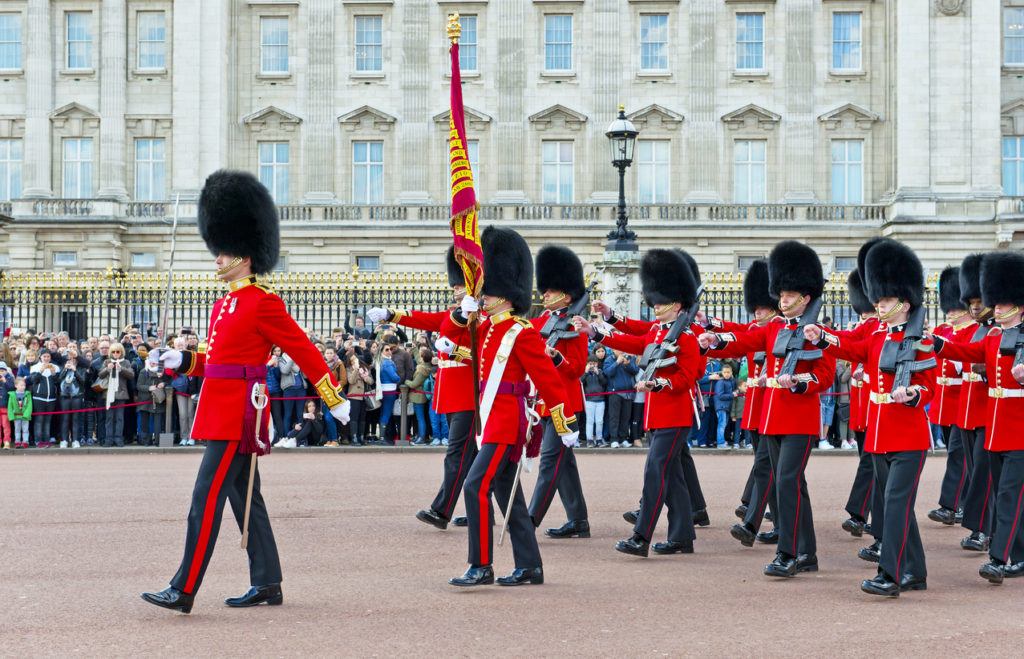Barry Harris – Senior Advisor to Proelium Law LLP and UK military veteran – shares thoughts on how to successfully transition from the military to civilian life.
Alfred the Great, King of the Saxons, with the benefit of experience from defending the nation against invaders, capitalised on the peaceful years following his victory at Edington by focusing on a reorganisation of his kingdom’s military.
We naturally reorganise at various stages in our lives to meet new challenges. Marriage can force certain changes, moving to a new house, buying a car, having children, and many other life events force a need to reorganise to go forward in life. Negative events can be equally cathartic, and a catalyst of change.
When a battle concludes there is a need to reorganise in order to continue the advance, and the commander will give the command to REORG! Take an appreciation of the situation, redistribute ammunition and much-needed supplies, treat casualties, and process prisoners.
Leaving the Armed Forces is a major life change, the end of an operation, and there is a need to take account of your situation, and execute the changes necessary to carry on in civilian life.
When I left the Army, I was often asked, “How was your transition to civvy street?” assuming it was difficult. It was not, although it did contain some negative aspects and in turn, they became part of the experience that carried me forward in life. One of the tricks of reinventing, rebranding, or reorganising is to take negatives and extract the positives – those learning moments, even if it is no more than sheer bloody-mindedness to “show them” just how good you are!
While serving there were plenty of stories about civilian life from people with different experiences, different viewpoints, and different values. What is the truth about these commonly held myths? How do they affect your REORG!
WHAT I LEARNED IN THE MILITARY IS NOT APPLICABLE OUTSIDE
Simply not true. Lying in ambush, patrolling, and the myriad of complex military tasks all teach you to focus, attention to detail, and hyper-awareness of your surroundings that transfer into civilian life. If you have ever planned missions, built a position, dealt with conflicts, then you have practised project management, personal development, and succession planning. You will have practised more leadership during military service than many corporate executives will ever experience.
I WILL BE ROLLING IN FILTHY LUCRE, AND WILL BE COMPLETELY FREE WHEN I AM OUT!
There is possibly some truth in that, but do not bank on it. The reality is that military life is probably your only reference point. You will need to learn a new language and culture to fly in the rarified business atmosphere. It will require a step back on your part. Fortunately, many employers realise where you are coming from and know what is expected of you. Expect a steep learning curve, but it will eventually level out.
MORE TIME WITH FAMILY
Not so much. Deployments certainly put a strain on family life. However, workday stress in Civvy Street can be equally challenging. Time spent with friends and family is never wasted.
MORE WONGA THAN I CAN SHAKE A STICK AT!
The motivation of money is a major attraction for some, but with significant income comes significant taxes! Base salary in a company might be more, and so will be your taxes, and other expenses not experienced in the Armed Forces. People do get paid big bucks, but they really earn it.
TEMPO OF OPERATIONS WILL BE LESS, AND I WILL HAVE A BETTER WORK/LIFE BALANCE
Really? You are in for a surprise. Part of your REORG must be learning how to maximise time off, and take it, and not carry on working even if you are home. Enjoy friends and family, and have pastimes that are fun and do not necessarily have a military benefit.
PEOPLE WILL NOT LIKE ME WHEN THEY FIND OUT THAT I AM A VETERAN
Don’t worry, more people support the military than do not. They may not agree with recent conflicts or deployments, but self-sacrifice, service, and purpose resonate and are respected.
BUSINESS LIFE ENCOURAGES INTERPERSONAL, FREE EXPRESSION OF EMOTIONS, THAT’S NOT MY THING…
Relationships are core to everything you did and will do. Commerce is founded upon relations and relationship management. Even in the Armed Forces, it was necessary to liaise and cooperate with other organisations, agencies, and foreign nationals. That experience is one that will carry you well into civilian life. And nothing happens in this world without leveraging relationships. Do not sell yourself short.
CIVILIANS DO NOT UNDERSTAND HOW TO WORK AS A TEAM
There is a different level of trust and understanding between Armed Forces members that civilians may never know, the element of common purpose defines collaboration. Be it military life or commercial livelihood, advancing on a common objective together utilising the all informed network and an open exchange of information is a defining characteristic of Teamwork.
“The Armed Forces Covenant is a promise by the nation to ensure that those who serve, those who have served, and their families are treated fairly.” The Armed Forces Covenant annual report 2016.
Read our latest news & articles







